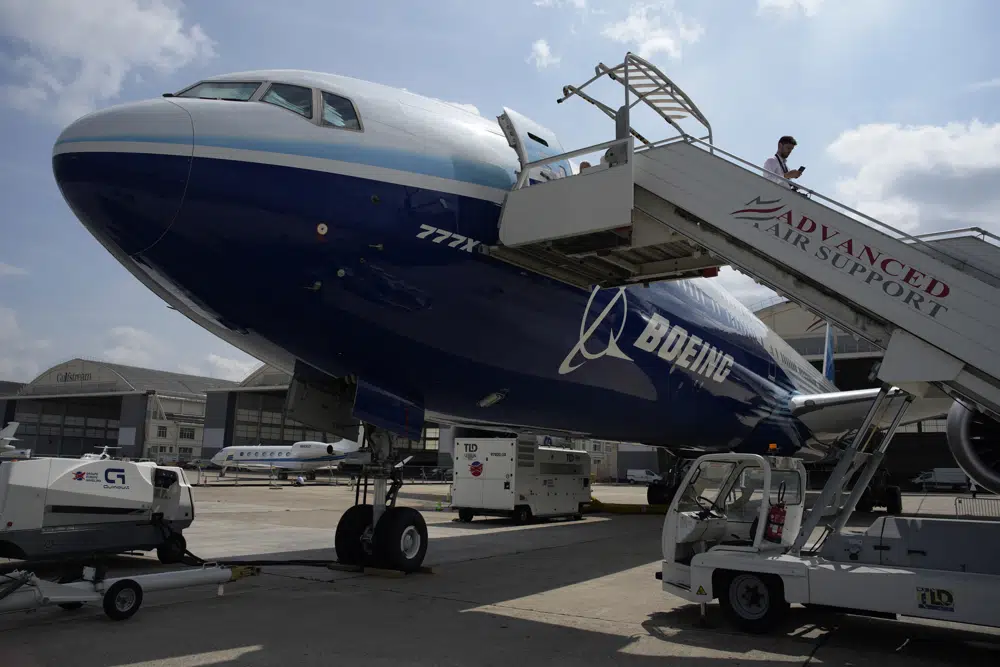

When it comes to flying, going green may cost you more. And it’s going to take a while for the strategy to take off.
Sustainability was a hot topic this week at the Paris Air Show, the world’s largest event for the aviation industry, which faces increasing pressure to reduce the climate-changing greenhouse gases that aircraft spew.
Even the massive orders at the show got a emissions-reduction spin: Airlines and manufacturers said the new planes will be more fuel-efficient than the ones they replace.
But most of those planes will burn conventional, kerosene-based jet fuel. Startups are working feverishly on electric-powered aircraft, but they won’t catch on as quickly as electric vehicles.
“It’s a lot easier to pack a heavy battery into a vehicle if you don’t have to lift it off the ground,” said Gernot Wagner, a climate economist at Columbia University.
That means sustainable aviation fuel has become the industry’s best hope to achieve its promise of net zero emissions by 2050. Aviation produces 2% to 3% of worldwide carbon emissions, but its share is expected to grow as travel increases and other industries become greener.